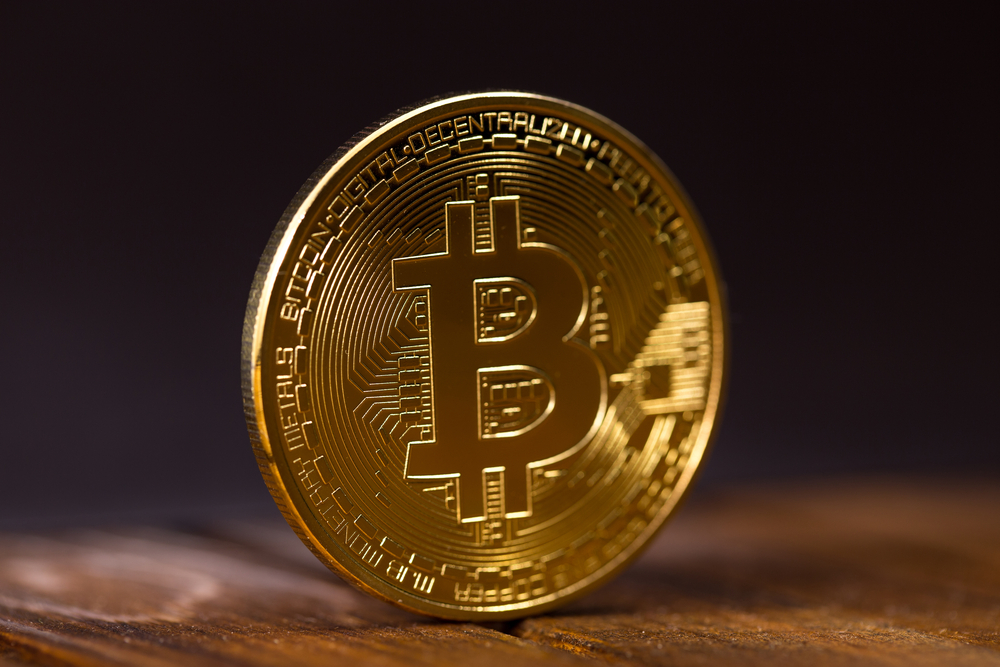Brussels Terror Attacks Revive Terrorism-Crypto Connection, Fueling European Push To Control Bitcoin

This week’s terror attacks in Brussels has caused French Interior Minister Bernard Cazeneuve to cite the darknet as a terrorist tool and call for measures to improve intelligence expertise in technologies terrorists use, according to a French ministry website.

Because cryptocurrency is used for darknet transactions, efforts to control the darknet could fuel government efforts to control cryptocurrencies in Europe.
Cazeneuve told The National Assembly that terrorists use the darknet. He made his remarks in the context of a wide-ranging discussion about what the government must do to strengthen its counter-terrorism efforts.
Cazeneuve said it is imperative that domestic intelligence achieves the expertise the enemies are using. Intelligence technicians, engineers and analysts need to be able to detect terrorist activities so that human resources can be mobilized when necessary. He said the Internet and social networks must be used effectively in this effort.
Scientist Describes Darknet
Nicolas Arpagian, the scientific director of the National Institute of Advanced Studies of Security and Justice, expanded on the darknet in a Europe 1 news report on Cazeneuve’s remarks. Internet search engines only index a fraction of the pages on the Internet, Arpagian said. The darknet, by contrast, includes non-indexed pages.
The darknet is not easily accessible, Arpagian said. It is necessary to download a particular navigation system like Tor. Tor, the best-known software for this type of navigation, enables a user to preserve anonymity by doing a server-by-server “bounce,” masking the IP address.
Arpagian said darknet pages enable all sorts of transactions using bitcoin, including weapons and drugs.
Arpagian’s take on the darknet differed from Cazaneuve’s. Arpagian does not blame the technology if evil doers utilize it. “The technique will not make the world good, generous and humanist,” he said. If law enforcement were able to shut down the darknet, the users would create a new platform. He said the answer is not available presently.
Blame The Technology?
Cazeneuve’s view is not supported by a Europol report released in response to the November terrorist attacks in Paris. A Europol report of EU member states found no confirmed evidence that suggest bitcoin is used for terrorism financing, CCN.com reported. Europol is the European Union’s law enforcement agency.
The Europol report presented a rounded review of the changes in Islamic State’s operations, studied by EU member states and Europol itself soon after the November Paris attacks. The report also stated that the financing of terrorist operations did not undergo any marked changes in recent times. Furthermore, the report also stated that the sources of funding of ISIS operatives in the European Union are largely unknown.
“Despite third party reporting suggesting the use of anonymous currencies like bitcoin by terrorists to finance their activities, this has not been confirmed by law enforcement,” the Europol report noted.
U.K. Report Confirms Europol
Another report by the HM Treasury Department of the United Kingdom government offered a deduction similar to the one established by Europol and EU member states.
“There was little evidence to indicate use by established money laundering specialists or that digital currencies played a role in terrorist financing,” the HM Treasury report noted.
Media Connects Terrorist To Bitcoin
Despite these findings, media reports continue to associate terrorist with bitcoin. These concerns support a drive by European regulators to enact stricter control over cryptocurrency.
According to the German magazine Der Spiegel, G7 nations suspected the Islamic State of using digital currencies to transfer funds secretively.
An Anonymous spin-off group claimed to have evidence linking ISIS to a bitcoin address containing millions in its value in USD. While these claims were later proven to be unfounded, the resulting media coverage put the spotlight firmly on of digital and anonymous currencies.
EU Targets Virtual Currency
An emergency meeting was convened in Brussels in response to the November Paris attacks by interior and justice ministers of the European Union to call for the control of virtual currencies.
Last month, The European Council of the EU set forth guidelines in which it will seek to regulate virtual currencies and curb terrorist funding opportunities, CCN.com reported. In light of several terror attacks within the EU in 2015, many regulators and citizens called for tighter surveillance and anti-terrorism operations.
In addition to calls to regulate bitcoin and virtual currencies, there have been calls for tighter controls of pre-paid cards.
The European Commission – the executive arm of the European Union – recently announced plans to make several amendments to the Anti-Money Laundering Directive (AMLD) in a new proposal through an action plan, CCN.com reported. The amendments, if enforced, are likely to be mandated by the second quarter of 2016.
If the changes come into effect, exchanges and wallet providers across Europe are likely to be mandated to identify their users.
The “Action Plan” did not present any evidence of virtual currencies being used to finance terrorism. However, the European Commission is including virtual currency exchanges and wallet providers under the changes proposed.
Image from Shutterstock and Twitter.